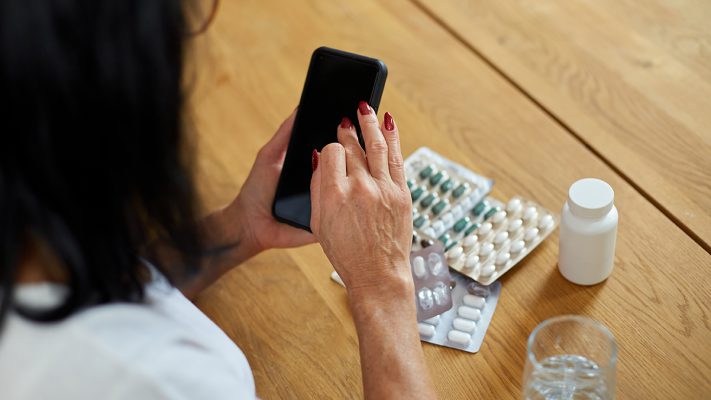
Have you ever been tempted by the idea of buying your medicine online from a pharmacy or other website?
You can protect yourself and your family’s health by being cautious when purchasing medicine online. Many pharmacy websites are legal and provide convenience, privacy, security, and protection for buying medicines online.
The U.S. Food and Drug Administration warns against rogue online pharmacies selling prescription drugs at deep discounts. Many of these sites do not require a prescription. These pharmacies sell counterfeit or unapproved medicines online, without the oversight of licensed pharmacies.
These sites may prominently display the Canadian flag but could be run by criminals on the other side of this world with no connection to Canada. These websites may sell dangerous medicines that could pose a risk to your health.
Rogue Online Pharmacy Signs
Online pharmacies can be dangerous.
- You can buy prescription medication without a prescription from your doctor.
- You do not have access to a U.S.-licensed pharmacist who can answer your questions.
- Low prices that sound too good to be true
- Spam or uninvited email with cheap medicine
- Ship internationally or are located outside the United States
These pharmacies may sell dangerous medicines because they might:
- You can have too much or too few active ingredients to treat your condition.
- It does not contain the correct active ingredient.
- Contiennent harmful or incorrect ingredients
The active ingredient determines whether the medicine is effective in treating the condition or illness it is being used for. Unknown active ingredients can cause side effects or other health problems.
These medicines could also not have been properly stored, such as in a warehouse that does not maintain the required temperature controls. This can make the medication ineffective in treating your condition.
What are the Signs of a Safe Online Pharmacy?
There are many ways to find a safe online pharmacy.
- You will need a prescription from a licensed doctor or other licensed health care professional to obtain medicines.
- Your state board of pharmacy or an equivalent state agency licenses you. (To confirm the licensing status of a pharmacy, check with your state board.
- A U.S. state-licensed pharmacist is available to answer any questions.
- If it’s in the United States, pharmacy should provide a street address.